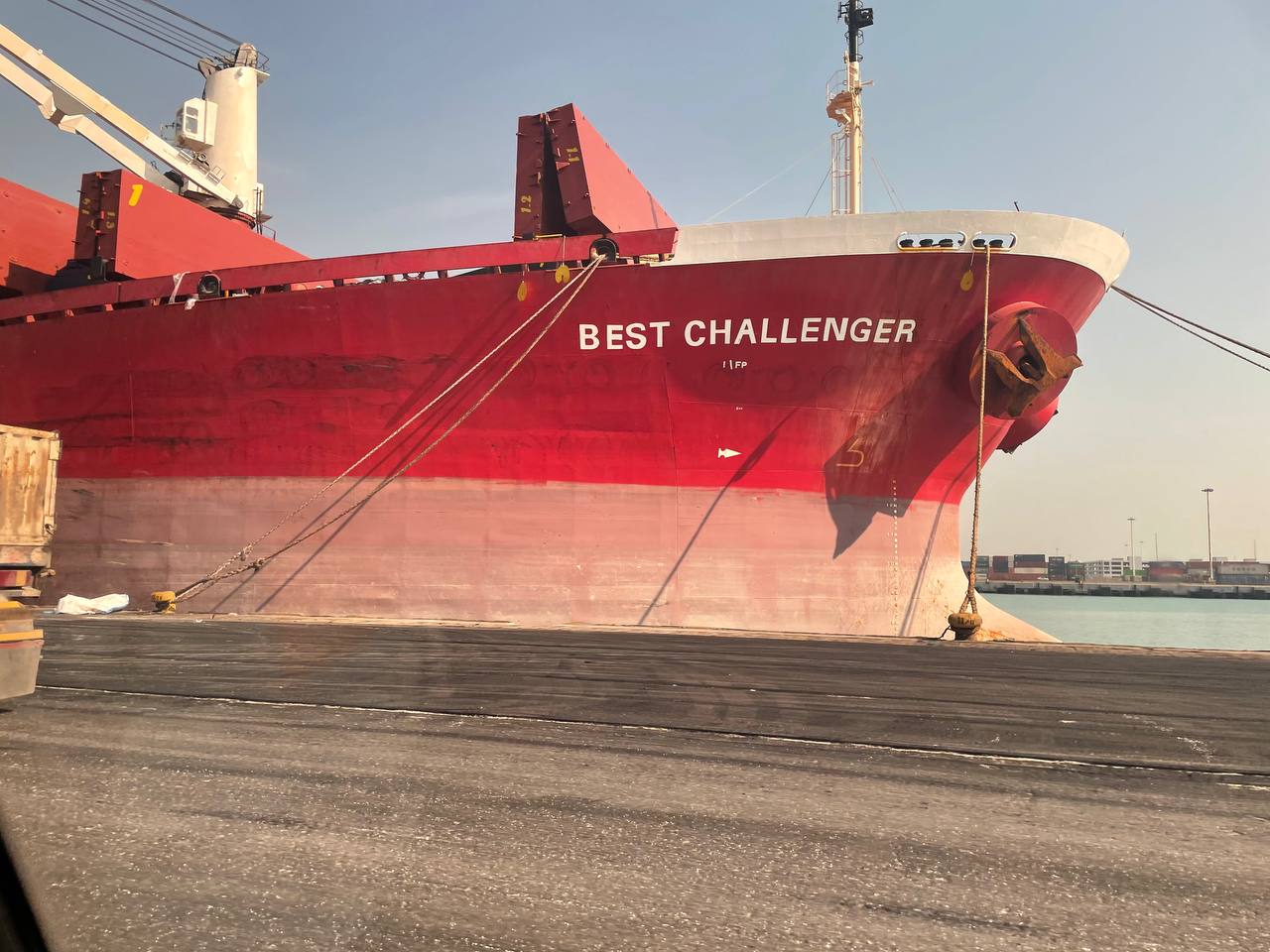
Maritime transport refers to a means of transport where goods (or people) are transported via sea routes. In some cases, maritime transport can encompass pre- and post-shipping activities.
For centuries, mankind has used waterways to transport merchandise and people. As such, maritime transport owes its evolution to the development of international trade and to the ever-growing exchange of goods between countries. By definition, maritime transport is actually international (except when sailing along the coasts of a same country). Nowadays, maritime transport is the main means of transport used to ship raw materials (oil, coal, cereals, etc.) over long distances.
The creation of maritime containers in the middle of the 1960s vastly encouraged the development of maritime transport. These standardized boxes pile one on top of the other, and can transport all sorts of goods, with quite easy handling. Maritime containers have other advantages, in that they limit the risk damage, breakage and theft (the goods are not visible from the outside), and reduce transport costs.
It should be noted that the race to gigantism over the last few years (with ships able to transport more and more goods) has slowed somewhat. Ship-owners are having trouble filling their vessels, and accessing the different trade ports worldwide.
Maritime transport is an appealing means of transport, thanks to:
Its transport capacity: several hundred tons of goods can be transported on a single ship;
Its permanent activity: out at sea, nothing or practically nothing can stop vessel traffic.
However, maritime transport suffers from fairly slow movement (between 30 and 50 km/h for most vessels). It therefore entails much longer delivery lead times than road or air channels.
Maritime transportation ought to be integrated with other services such as railways, roadways and airports and, in some cases, river and canal traffic in order to achieve maximum efficiency. It also needs to respond rapidly to the economic and political circumstances in different parts of the world. These challenges often require extreme performances in terms of capacity, speed of delivery, energy consumption, environmental sustainability, as well as social and economic aspects.
A range of topics are covered, including: Ports and their operation; Routing and automatic control of marine ships; Responsible and sustainable port innovation and development along the 21st century Maritime Silk Road; Ports of the future – Sustainable intelligent ports for smart and autonomous ships and logistics; Pollution and the protection of the marine environment; Maritime education and training; Planning and management.
One of the major ways of international shipping is Maritime Transport. For centuries, people use this kind of transportation to travel and trade. Although new types of shipping have been developed, maritime transport is still regarded as the dominant choice. Approximately, about 90% of international shipping is carried by the sea.
rhytonroad Shipping Company is registered in Iran Ports and Maritime Organization. It has the membership of Shipping Association of Iran and some other main international related associations. rhytonroad Shipping Company, the exclusive agent of PBS shipping lines, is ready to provide NVOCC, ICL, LCL, and Bulk transport services for its customers:
Transportation plays a critical role in our everyday lives although its importance may be overlooked . In a developing global economy, a large number of cargos need to be transported in the shortest possible time. In order to freight thousands of containers “Mega-Ships” has been built. Because of many considerable advantages of maritime shipping over the other types of international shipping (Road, Rail and Air transport), approximately more than 90% of merchandises around the world is shipped by sea and ocean freight.
International Ocean Freight advantages make this way of shipping interesting for companies and big businesses. Maritime transport is regarded to be:
• An inexpensive shipping way;
• An Ideal way to ship the oversized cargos;
• The safest way to ship cargos (the least damages possible to the cargos);
• The most environmentally friendly shipping way.
There are different types of sea shipping with different shipping rates.
In this type, shipping is done intercontinentally by crossing oceans, covering long distances and the use of big vessels. Deep-See shipping often carries goods such as iron ore, oil, cement, and fertilizers.
Contrary to deep-see shipping, vessels which are used in this shipping are smaller and they cover short distances. The vessels can travel inland, along the seashores and other waters.
Short-sea shipping is right for smaller cargos, which is shipped with different freight rates.
The vessels used in this type are designed for inland waterways (like rivers, canals and lakes). The quantity that can be transported by this vessels are the smallest compared to the first and second types.
All rights reserved for Rhyton road Reserved.